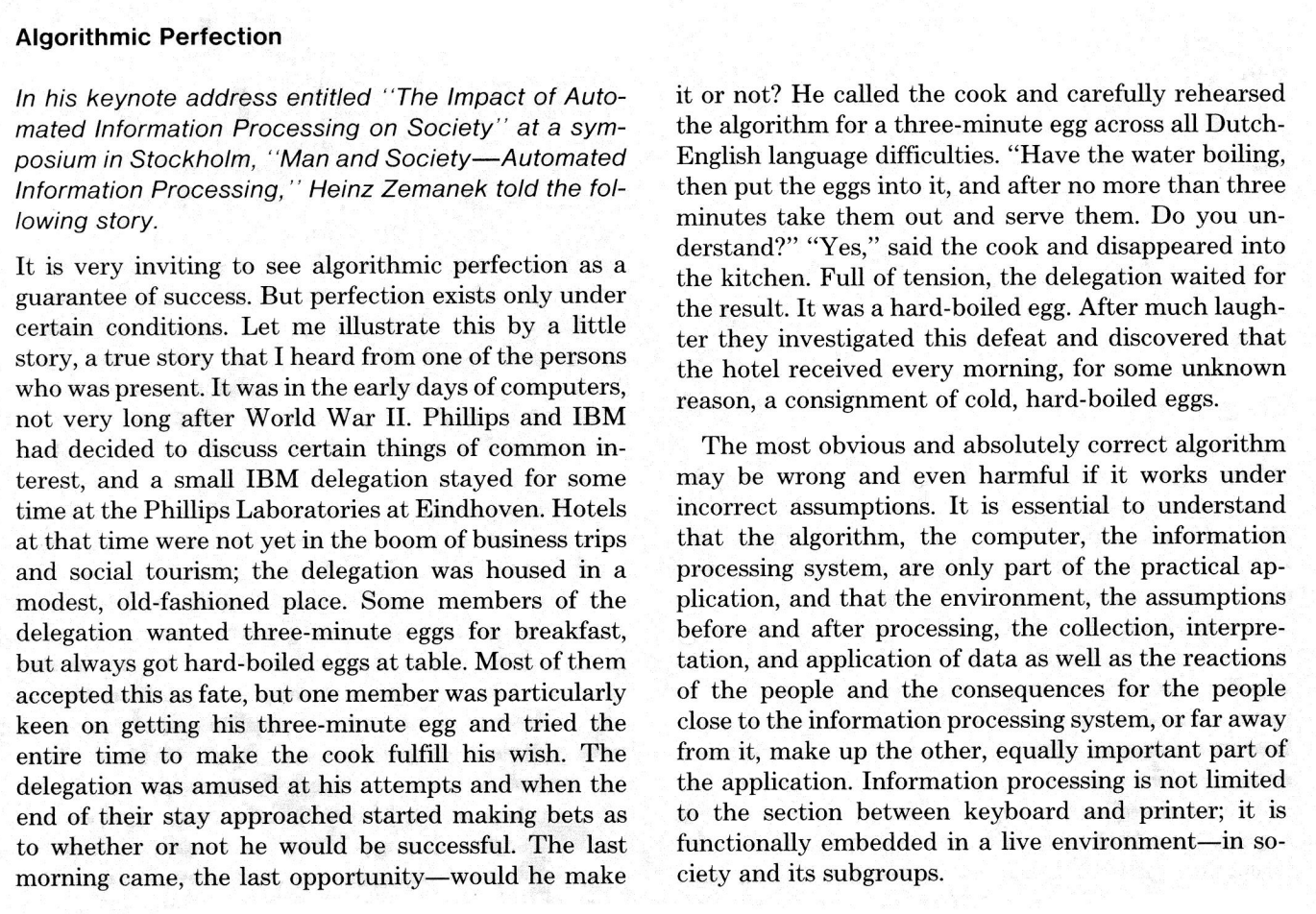Reading Week
Overview
This week’s learning objectives are:
- Get caught up on any missed reading(s).
- Start to work on the first few questions of the group assessment.
- Start to test your ability to work with the Inside Airbnb data (Week 5 Practical).
Past student performance strongly suggests that this is a good week to:
- Catch up on readings, particularly the more critical ones and the ones focussing on the impact of Airbnb.
- Go back over the first five notebooks in order to self-test and check your understanding. This doesn’t mean re-doing the full notebook, but (for example) seeing if you can use
pandasto analyse the simpler data we looked at in weeks 3 and 4.
Looking ahead to the Group Work, I’d also strongly suggest that you browse the Full Reference List for ideas. The bibliography is a working document and I will add more items as and when I come across them or new works are published, but this is a good time to start reading about the ethical and practical issues arising from Airbnb’s operations and the data to which we have access.
Readings
We’ve deliberately refrained from more academic readings this week, so the following content was selected to be easily-digested and interesting in terms of the practical limitations of ‘AI’ tools and the ways in which they reproduce errors in our own thinking rather that offering neutral, ‘objective’ insight:
- AI translation jeopardises Afghan asylum claims
- An Iowa school district is using ChatGPT to decide which books to ban
- Singapore’s tech-utopia dream is turning into a surveillance state nightmare
And here’s a nice example of why it’s not about the algorithm:
Source: Zemanek (1983)
